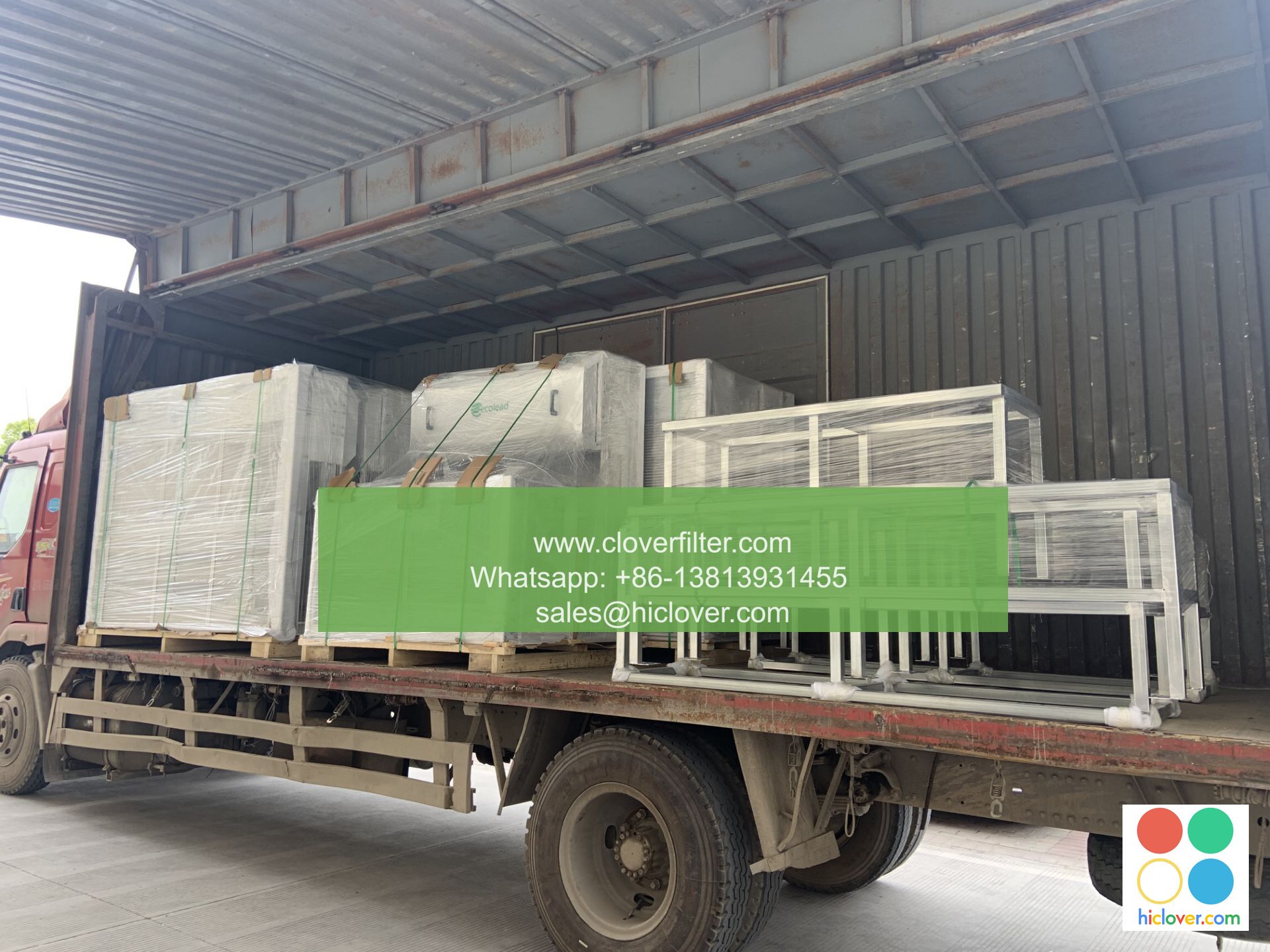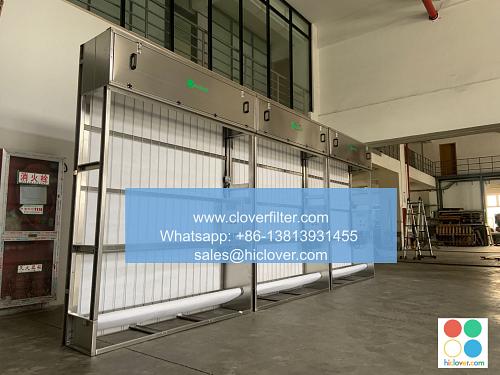Air Filter Selection for Industrial Applications: A Documentation Guide

The selection of air filters for industrial applications is a critical process that requires careful consideration of various factors, including air quality, filter efficiency, pressure drop, and cost-effectiveness. In this article, we will provide a comprehensive guide on how to select the right air filter for your industrial application, highlighting various application areas and industrial processes that require effective air filtration systems.
Introduction to Air Filtration in Industrial Applications
Air filtration is a crucial aspect of industrial processes, as it helps to remove particulate matter, gases, and odors from the air, ensuring a safe and healthy working environment for employees. Effective air filtration also helps to prevent equipment damage and product contamination, which can lead to significant cost savings and increased productivity. Industrial air filtration systems are used in a wide range of applications, including manufacturing, pharmaceuticals, food processing, and chemical processing.
Key Factors to Consider When Selecting Air Filters
When selecting air filters for industrial applications, there are several key factors to consider, including:
* Filter efficiency: The ability of the filter to remove particles and contaminants from the air.
* Pressure drop: The loss of air pressure as it passes through the filter, which can affect the overall system performance.
* Flow rate: The volume of air that the filter can handle, which is critical for high-volume industrial applications.
* Filter media: The type of material used to construct the filter, such as fiberglass, polyester, or activated carbon.
* Filter size and configuration: The physical dimensions and shape of the filter, which can affect its installation and maintenance.
Application Areas for Industrial Air Filtration
Industrial air filtration systems are used in a wide range of applications, including:
* Manufacturing: Air filters are used to remove metal particles, oil mist, and chemical fumes from the air.
* Pharmaceuticals: High-efficiency air filters are used to prevent contamination and ensure product purity.
* Food processing: Air filters are used to remove odor-causing particles and microorganisms from the air.
* Chemical processing: Air filters are used to remove hazardous chemicals and gases from the air.
Types of Air Filters for Industrial Applications
There are several types of air filters available for industrial applications, including:
* HEPA filters: High-efficiency particulate air filters that can remove 99.97% of particles as small as 0.3 microns.
* Activated carbon filters: Filters that use activated carbon to remove gases and odors from the air.
* Bag filters: Filters that use a bag-like design to remove particulate matter from the air.
* Cartridge filters: Filters that use a cartridge-like design to remove particulate matter and gases from the air.
Conclusion
In conclusion, the selection of air filters for industrial applications is a critical process that requires careful consideration of various factors, including air quality, filter efficiency, pressure drop, and cost-effectiveness. By understanding the key factors to consider and the types of air filters available, industrial facilities can ensure a safe and healthy working environment for employees, prevent equipment damage and product contamination, and achieve significant cost savings and increased productivity. It seems like you didn’t include a specific question or topic in your prompt. Could you please provide more details or clarify what you would like to discuss? I’m here to help with any questions or topics you’d like to explore.

